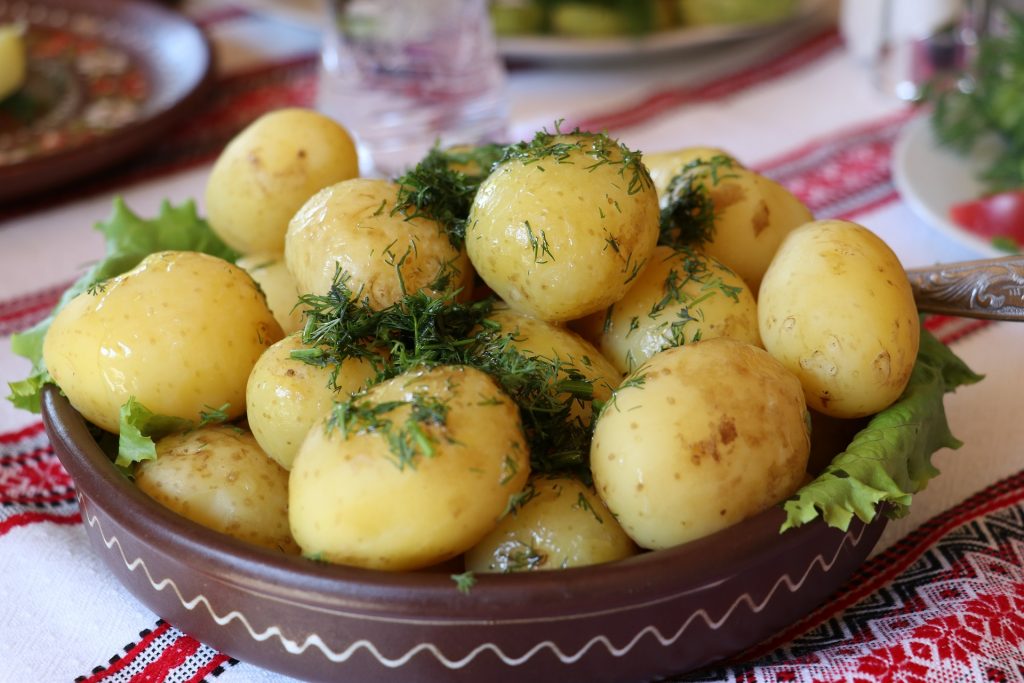Eastern Europe has some wonderful landscapes and people – here are ten cultural facts taken straight from our CultureSmart! Guides on Eastern Europe.

Armenia
1.
‘Names beginning with a first name and ending with –ian or –yan are indications of the father’s first name. Diasporans tend to use –ian, while Armenians use –yan. For example, Davidian is the son of David, and Krikorian is the son of Krikor or Gregor. Typically, first names were taken from the bible, so many last names have a religious origin.’
2.
Despite their small incomes, Armenians are very eager to dress up and look good. In fact, many young adults find it incomprehensible that many foreigners dress so untidily.
Azerbaijan
3.
PAKHLAVA, THE AZERI BAKLAVA – A special word must be said about the mouth-watering Azerbaijani national delicacy, pakhlava, a rich, multi-layered, rhombus-shaped dessert made with honey and a variety of nuts (hazelnuts and walnuts are exported) and it imports some more, so there is no shortage of walnuts (goz), hazelnuts (findig), and almonds (badam) to make the delicious treat.
4.
Child morality is high and feared, and this is likely to be the reason why many babies wear small blue beads, aimed at diverting the ‘evil eye’. Golden pins, chains, or bracelets, with a dangling anti-evil amulet, are the most appropriate and popular presents for new parents. It is customary to say ‘Allah Sahlasin’ or ‘Mash’Allah’ when talking about young children, which invites God’s blessings to protect the child.
Belarus
5.
Most Belarusians want simple jobs without responsibility or burden; in many jobs, opportunities for advancement are limited anyway, especially for women. Those working for state-run enterprises have little incentive to work hard or be innovative, since they are generally paid the same monthly wage regardless of their efforts.
6.
The potato eaters: Belarusians adore potatoes, particularly in the form of draniki. In fact, they eat so many spuds – around 375 pounds (170kg) per person per year – that their neighbors have nicknamed them “Bulbashi” – potato eaters. Potatoes are such a staple that it’s hard to imagine any meal without them. According to the UN Food and Agriculture Associate, Belarus grows more potatoes than any other country on earth (Russia is ranked eighteenth).

Georgia
7.
For Georgians drinking is not just consuming alcohol; it is a dramatic ritual. A supra – a Georgian party – starts by appointing a tamada, or toastmaster, who runs the event. After toasting friends and family, the tamada goes round the supra and suggests individual toasts to the guests. This is the moment when people are slightly inebriated after a few glasses and the Georgian supra turns into a supportive ground therapy session.
8.
For Georgians, neighbors are like relatives. In rural areas people never lock their doors and it is common for neighbors to walk in and join the family for a meal without any invitation. “We borrow salt from each other” –by this Georgian phrase people indicate that they are very close to their neighbors; salt can be a metaphor for other things than money.

Ukraine
9.
Superstitions: Ukrainian everyday life is entangled in a cobweb of unspoken rules. For a start, don’t shake hands across the threshold. Don’t whistle in the house, and don’t keep your empty bottles on the table. All will bring bad luck. You will be extremely lucky if you sit between two people with the same name.
10.
Healing: While Westerners may think of Ukrainians as hypochondriacs, and view such remedies as nothing but old wives’ tales, the counterargument they hear is that “ a creaky oak won’t fall for a long time.” The common view is that as natural remedies cause no harm, they are a good preventative measure.
(Images: pixabay.com)
Thank you for reading our quick tips on Eastern Europe. If you are interested in reading more, you can visit our shop online here: Culture Smart! Europe guides
Get 25% discount with our coupon code: CS-GUIDES (enter at checkouts)




